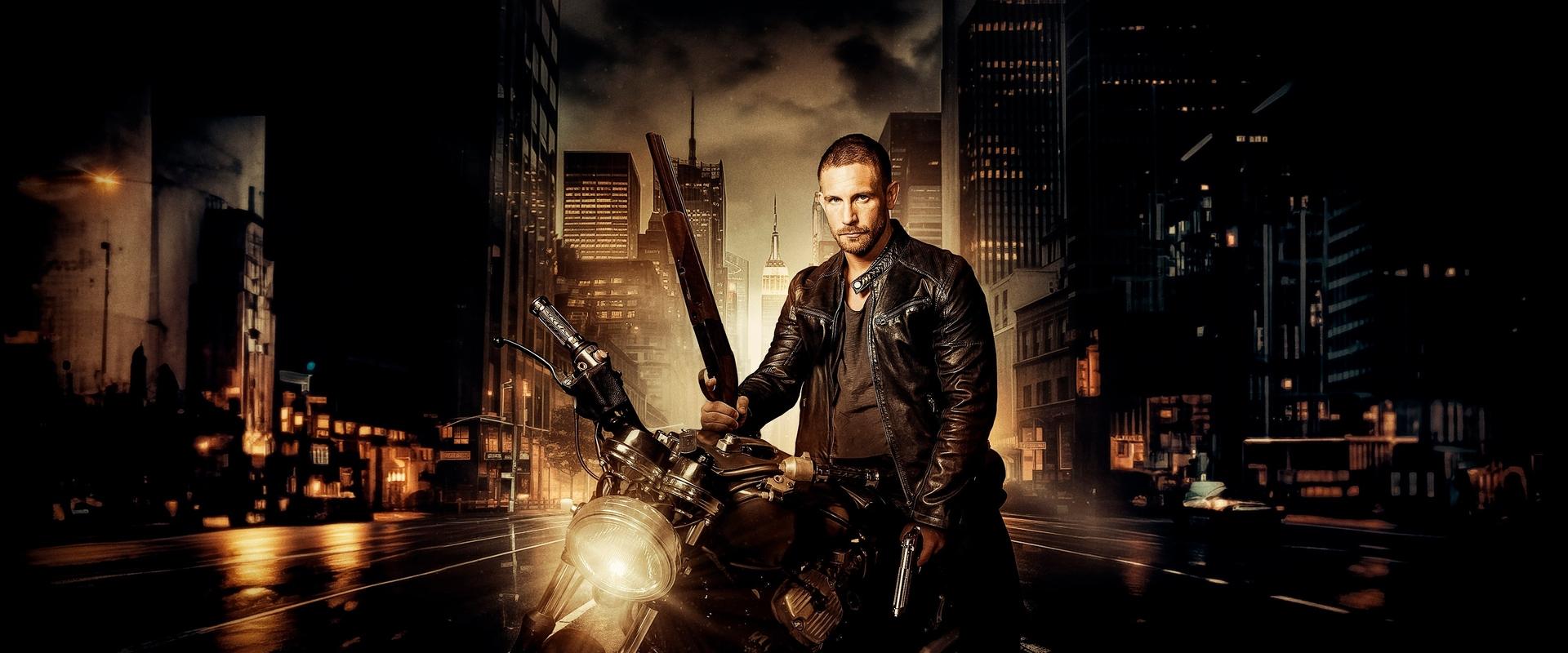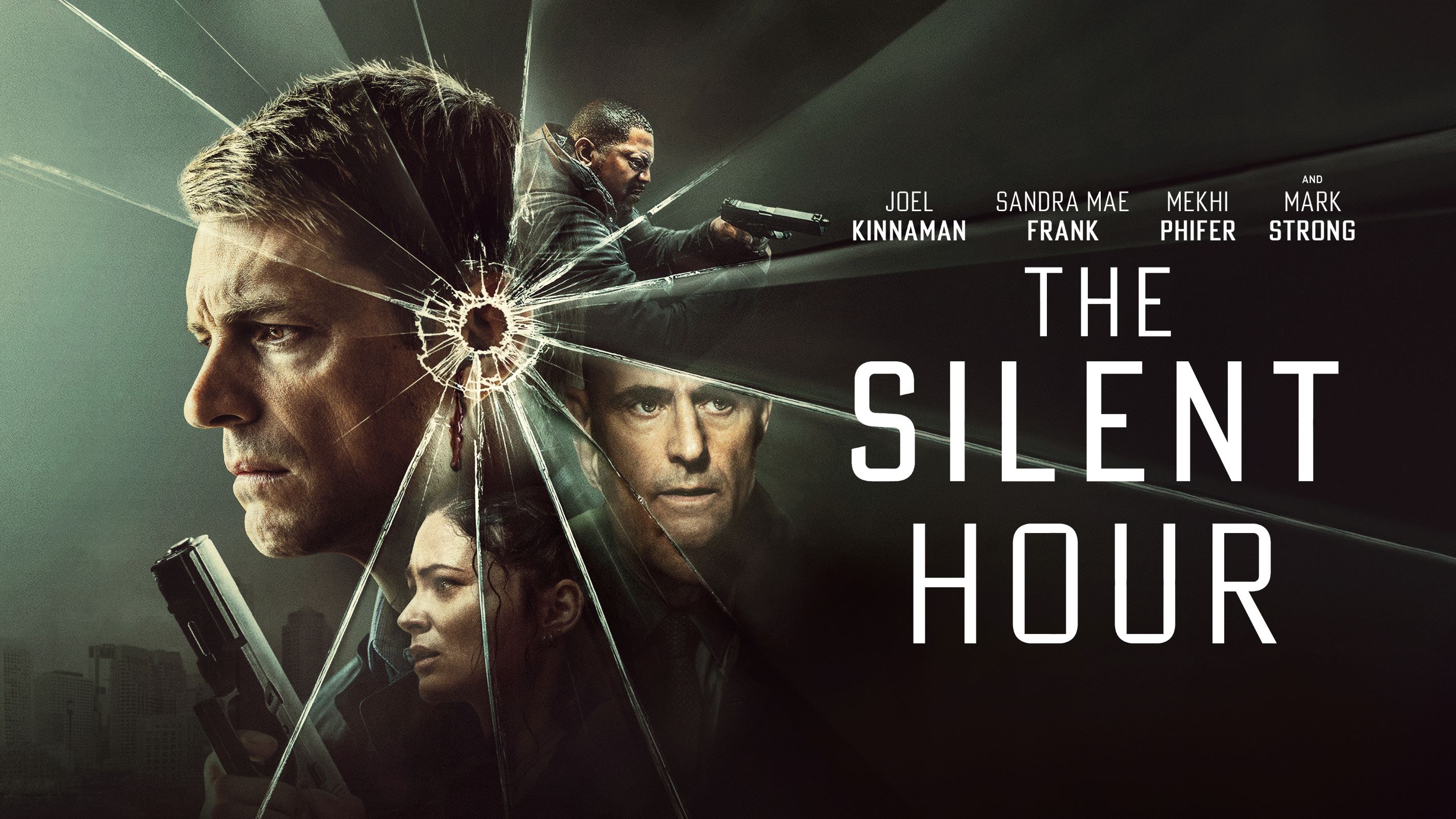Trash, pure and unfiltered. “Man with No Past” is a cinematic blackout—if the goal was to have the audience identify deeply with the protagonist’s amnesia, consider it an unqualified triumph. You won’t just forget where you are; you’ll begin to forget why you ever loved movies in the first place.
James Bamford, a director whose previous qualifications (laying waste to potential, as the credits ought to say) are on riotous parade here, offers up a drama so muddled, so bereft of motive or even pulse, that watching it is like being trapped at a family reunion with the relative who cornered you, years ago, to explain cryptocurrency. You look for the exit, but it is only the next convoluted plot twist, each more fantastically pointless than the last.
The “man” in our “no past” is Ryder (Adam Woodward), whose greatest accomplishment is sustaining a look of brooding dismay through every scene, as if he’s realized, too late, he’s in the wrong movie and forgot his lines somewhere in Roman Gaul. That Woodward smolders is indisputable—the way a silent film actor smolders when waiting for direction that never comes. Around him, the cast orbits like so many lost satellites in a particularly empty solar system: Marton Csokas, Charlotte Vega, Philip Winchester—talented actors abandoned by the script as thoroughly as Ryder is abandoned by his memory. And then there’s Jon Voight, poor Jon Voight, exiled to the outer limits of supporting-villain hell. Here’s a man who once brought heat and menace to the screen, now marinating in the flavorless stew of real-estate villainy, plotting city-wide domination with all the gravitas of a Monopoly enthusiast who’s just traded Baltic Avenue for St. James Place.
Bamford (and I use the verb purposely) directs as if the script were one of those choose-your-own-adventure books where every choice leads to a dead end. The film hops from philosophical musing to slapdash action sequence, all the while crooning at us about the eternal struggle of good and evil—yet the only thing truly immortal about this journey is its devotion to incoherence. We’re treated (or assaulted) with time-travel as reincarnation, visions of ancient Rome and World War II popping up like hallucinatory midmovie commercials. The “themes,” if that’s what we’re calling them, clutter the film like bad souvenirs from a trip we never wanted to take. If there are big ideas here, they’re embalmed under layers of narrative molasses.
Visually, the movie is the filmic equivalent of a themed restaurant chain—Roman soldiers in matte digital landscapes, sepia-toned war memories, and present-day cityscapes that might be stock footage of a midsized insurance convention. The flashier the production design, the more it hangs on the screen like a wet raincoat: Bamford’s direction is all polish, no panache. The action sequences—careened through at breakneck speed—evoke the slapstick anarchy of a Three Stooges short, but tragically, without the laughter. The rare instances of scoring are like musical Band-Aids applied to plot hemorrhages: a valiant effort, doomed from the start.
But where “Man with No Past” truly achieves a state of unconscious mastery is in its dialogue—a bone-dry series of exchanges that sound less like people discovering their forgotten destinies and more like robots losing interest in a particularly slow chess match. Ryder’s punchlines clatter to the ground; philosophical inquiry is mouthed with all the conviction of a trivia night gone wrong. It’s as if the script was held hostage by every cliché of amnesia-driven melodrama, then ransomed off to the archduke of the Gobbledygook Empire.
And yet—miraculously, heroically—even this trainwreck tempts with moments of unintentional hilarity. The more the film tries to knot itself in grand meaning, the more the seams burst: deja vu as existential crisis, a villain with the charisma of expired white bread, time-traveling monologues delivered at the pace of a sedative commercial. The viewing experience rapidly becomes surreal—a kind of fever dream where, if you tilt your head just right, the film’s earnest absurdity delivers a nearly poetic punchline.
In the end, “Man with No Past” is a film that stares into the abyss of memory and finds—nothing. Or perhaps the abyss winks back, amused that a movie this utterly void of narrative logic could take itself so seriously. If Bamford’s ambition was to create an essay on forgetting, he’s succeeded beyond his wildest dreams: two hours later, you may be wondering if you watched anything at all.
So thank you, James Bamford, for this monument to the art of oblivion. “Man with No Past” is less a film than a cinematic magic trick: now you see the plot, now you don’t. If you find yourself laughing uncontrollably somewhere around the faux-pivotal showdown—inexplicably attended by all of history except coherence—don’t feel guilty. “Man with No Past” is a party for the ages: amnesia, confusion, and the sweet relief of instantly forgetting every frame.


